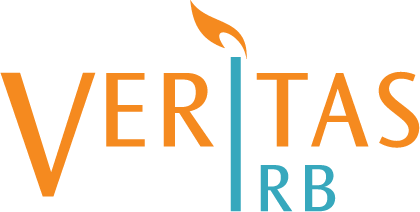Based on Canadian and American regulations and guidelines, research sponsors and IRB/REBs must assess the qualifications of the investigator to conduct and supervise the proposed clinical trial. Steps may include, but are not limited to, the evaluation of the investigator’s resume, reviewing relevant publications, and assessing whether they have received the proper training on the conduct of research involving humans.
In the context of the conduct of a transnational multicenter clinical trial in Canada and the United States, there is a fundamental difference between what constitutes a “qualified investigator” under FDA regulations and who can act as a “qualified investigator” under Health Canada’s regulations.
In the United States, investigators must be “qualified by training and experience as appropriate experts to investigate the drug”1 without any further details as to what constitute the minimal training requirements.
For example, an investigator may be:
- a physician (M.D.) licensed to practice medicine in the state where the site is located;
- a doctor of osteopathy (D.O.) who has similar training and possesses the same privileges as physicians in a number of states;
- a nurse practitioner (N.P. or A.P.R.N.);
- or even a Ph.D. if the investigator works with a sub-investigator who is a licensed M.D., D.O. or N.P.
In Canada however, the Food and Drug Regulations establish that, at a minimum, an investigator must be a physician in good standing with her/his medical association and who is licensed to practice in the province where the site is located2. As clinical trials in Canada must comply with good clinical practices3, the investigator must also be qualified “by training, and experience to assume responsibility for the proper conduct of the trial”4.
Even though licensed Canadian health professionals such as nurse practitioners or podiatrists could prescribe drugs in some provinces and have the training and experience to be a qualified investigator of a drug clinical trial, legally they do not have the authority to do so under the Food and Drug Regulations.
So what does this mean? If this fundamental distinction between Canada and the United States is ignored, there could be important regulatory and financial consequences for sponsors of research and investigators.
For example, if a sponsor from the United States recruits investigators in Canada for a transnational drug clinical trial using only the U.S. Food and Drug Administration regulations, it may expose itself to non-compliance with Health Canada regulations. Furthermore, such errors can seriously impact a clinical trial’s budget as the cost of qualifying and initiating a clinical trial site has been estimated at around 25,000.00 USD5. Situations like this can be easily avoided by leveraging the expertise of a local IRB/REB who fully understands the differences in transnational clinical trials.
This example illustrates the potential pitfalls of conducting transnational clinical trials and the importance of understanding local differences, establishing proper communication with local research sites and developing collaborations with local partners.
121CFR312.53(a)
2Food and Drug Regulations, C.R.C. c.870, C.05.001 “Qualified Investigator”
3Food and Drug Regulations, C.R.C. c.870, C.05.001 “Good Clinical Practices” and C.05.010
4ICH-GCP, section 4.1.1
5See Miseta, E., “Bring Down The Cost Of Clinical Trials With Improved Site Selection” Clinical Leader, December 19, 2013
About the Author



